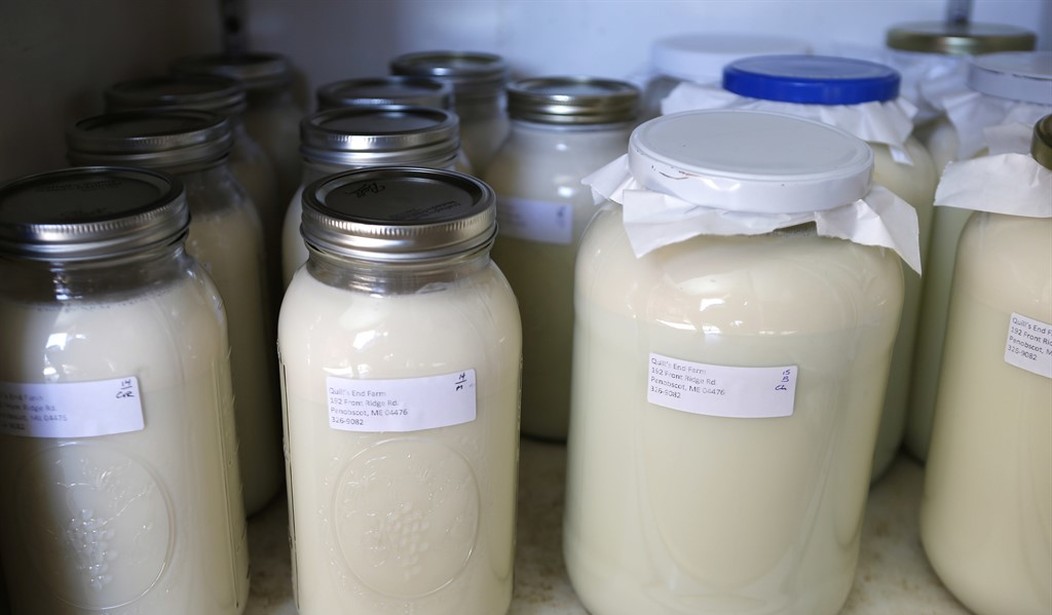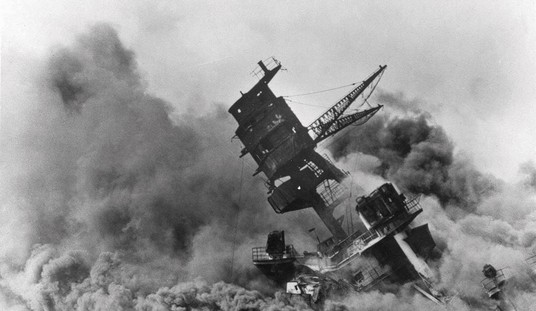It seems that there is truly no aspect of American society that the culture war has not touched. Even milk has become a hot-button issue being debated on a national scale.
Raw milk, in particular, has been the subject of controversy as demand for the product grows in various parts of the country. In fact, raw milk, which refers to milk that has not gone through the pasteurization process to kill harmful microorganisms, has been seeing a resurgence in popularity by those who tout its health benefits.
Public health officials have consistently warned against consuming raw milk, arguing that the pasteurization process is essential to eliminating harmful bacteria such as salmonella and E. coli. The CDC recently reported that diseases caused by raw milk could result in severe infections and spread to other people. This is especially true when it comes to the H5N1 virus, also known as the bird flu.
"What we know is that when that virus infects a dairy cow, one of the localized sites of the infection is the udder of the cow," explained Prof. Donald Schaffner, a food science expert at Rutgers University. "The milk that those cows produce is absolutely loaded with the H5N1 virus" .
On the other side of the debate, proponents of raw milk argue that it has significant health benefits.
Its proponents argue that it helps with weight loss, gut health and lactose intolerance. Gwyneth Paltrow, the actress and a longtime promoter of unorthodox health advice, takes it in her coffee every morning.
“I think there are schools of thought that drinking raw milk is better because once you process it and everything, that’s when the dairy becomes harder to tolerate,” she said in a recent interview.
Pasteurisation, once a consensus issue, has become the latest frontier in America’s never-ending culture war.
Public health officials say that drinking the milk is dangerous, and could lead to a spike in potentially deadly bacterial and viral infections.
But market data suggests there has been at least a 20 per cent increase in demand for raw milk in the last year nationwide, and state politicians are facing demands to liberalise decades-old food safety laws.
Read Related:
Spilled Milk: Missing out on School Contract Threatens Last Producer in Southern Nevada
Louisiana is set to become the latest state to legalize the sale of raw milk. This comes after several other states have already legalized the product. “The big push behind the raw milk campaign is that people want to be able to choose what they’re putting into their bodies,” said Judith McGeary, founder of the Farm and Ranch Freedom Alliance campaign group.
She also argued against the notion that laws would prevent people from obtaining raw milk, insisting that “All you’ve done by banning it is make it really expensive and really difficult to buy.”
Those who oppose raw milk bans argue that prohibition does far more harm than good, and that people should have the right to decide what they wish to consume. “Our citizens have the right to buy those products even though they have risks associated with them,” said Republican Louisiana State Rep. Kimberly Coates.
Another drawback of prohibiting raw milk is that it creates a black market. At the end of the day, people are going to find ways of getting the products they wish to consume. Turning people into criminals for purchasing and consuming a product never works out well for the individual or society.
Folks on the right have been particularly fond of raw milk, with some right-leaning outlets promoting it. Some have questioned whether pasteurization is truly necessary, especially amid growing distrust of the federal government and its oversight.
The bottom line is that the state should not be in the business of regulating what people are allowed to consume. As long as there is no fraud involved, it is a business transaction between two consenting parties. If people want to consume raw milk, while knowing the risks, then it is not up to the nanny state to stop them. Meanwhile, I’ll continue taking my milk fully pasteurized, thank you very much.













